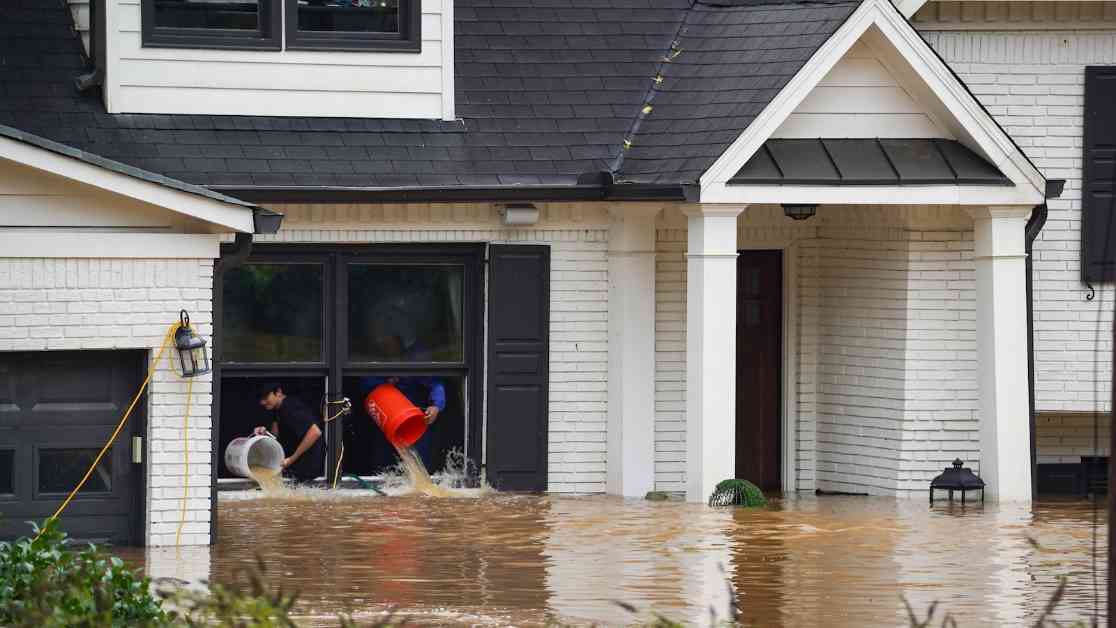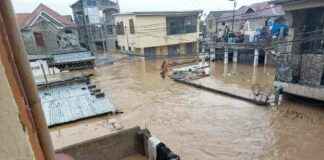Five hurricanes hit the United States this year, causing half a trillion dollars in damage. Flooding ravaged mountain towns along the East Coast, while wildfires scorched nearly 8 million acres nationwide. These catastrophic events are not just environmental concerns but are also becoming economic threats that are hitting homeowners hard.
The Senate Committee on the Budget revealed a startling analysis on Wednesday, showing a significant rise in insurance contract non-renewals, especially in states most vulnerable to climate risks. A whopping 1.9 million policies were not renewed, pointing to a brewing crisis in the insurance industry. Senator Sheldon Whitehouse emphasized the severity of the situation, stating that climate change is a pressing economic threat and affordability issue that cannot be overlooked.
Insurance Premiums on the Rise
For those lucky enough to have insurance coverage, premiums have spiked by 44 percent between 2011 and 2021, with an additional 11 percent increase last year alone. The current insurance model is struggling to cope with the growing challenges posed by climate change, as highlighted by a Democratic analyst from the Joint Economic Committee. The analyst, who chose to remain anonymous, bluntly stated that the existing insurance framework is failing to meet the evolving needs of policyholders.
State-by-State Impact
A detailed state-by-state breakdown in the JEC report revealed alarming statistics. Florida, bearing the brunt of climate perils, saw a staggering $1,272 hike in annual premiums from 2020 to 2023. Meanwhile, Michigan witnessed the smallest increase at $136, with no state experiencing a decrease during this period. The escalating premiums and non-renewals are not exclusive to particular states, as the analyst pointed out that the issue is widespread across the nation.
Expert Insights
Economist Philip Mulder from the Wisconsin School of Business shed light on the financial burden faced by insurance providers due to climate-exacerbated disasters. The escalating costs are ultimately passed on to homeowners, who are left grappling with higher premiums and limited coverage options. However, not everyone agrees on the direct link between climate change and the insurance market, as economist Robert Hartwig argued that attributing all market challenges to climate risks may be overstated.
The growing frequency of costly natural disasters is pushing insurers to withdraw from high-risk states, leaving homeowners with limited options. As private insurers pull out, residents are forced to turn to government-backed insurers of last resort, which come at a higher cost and cover a fraction of what private insurance policies offer. The looming crisis in the insurance market calls for urgent action from Congress to address the escalating challenges posed by climate change.














